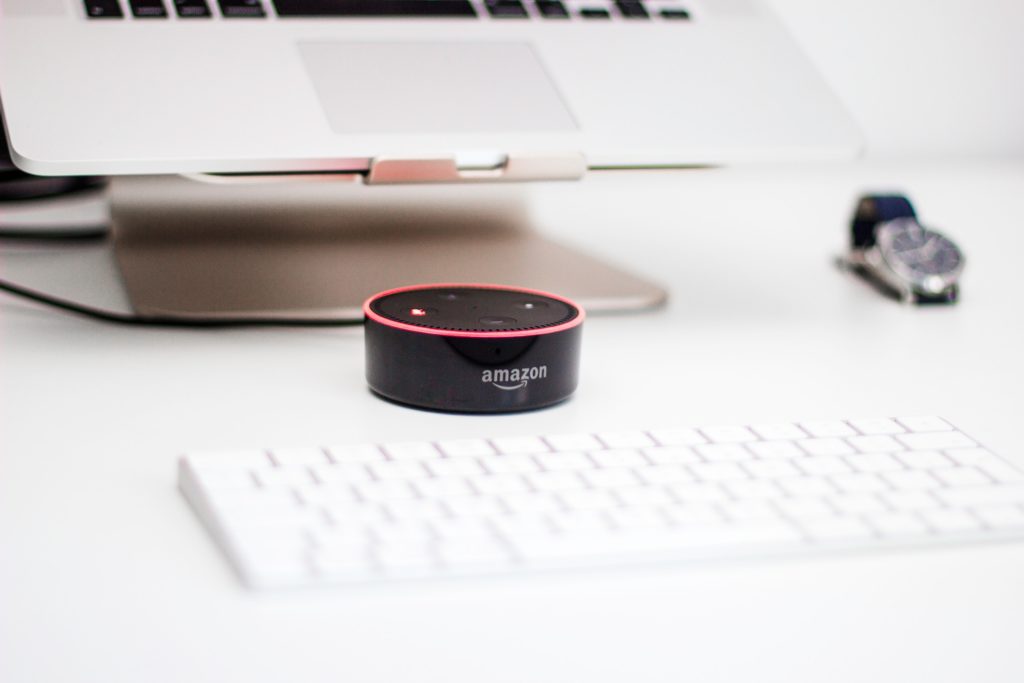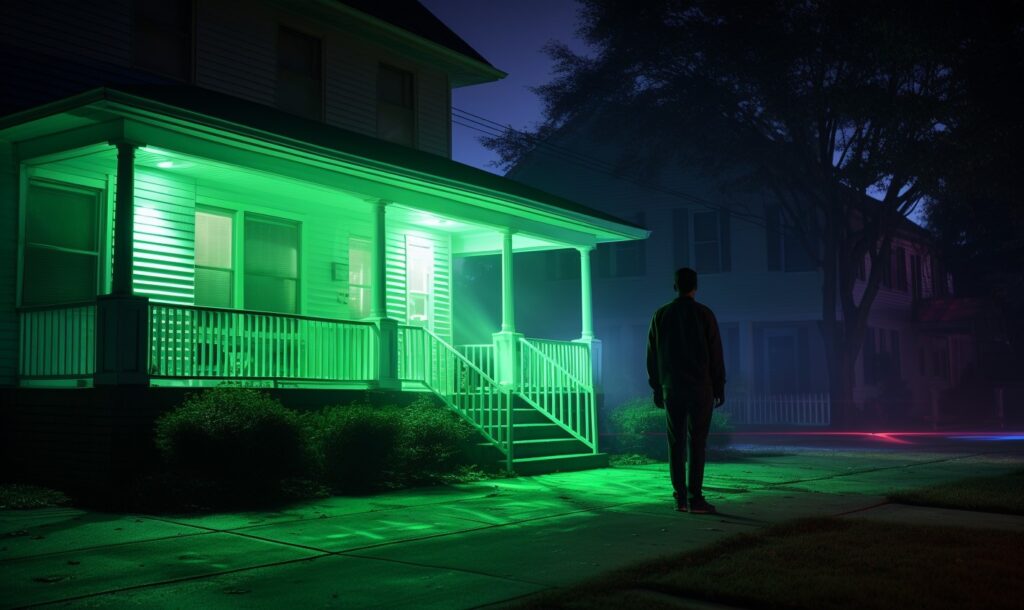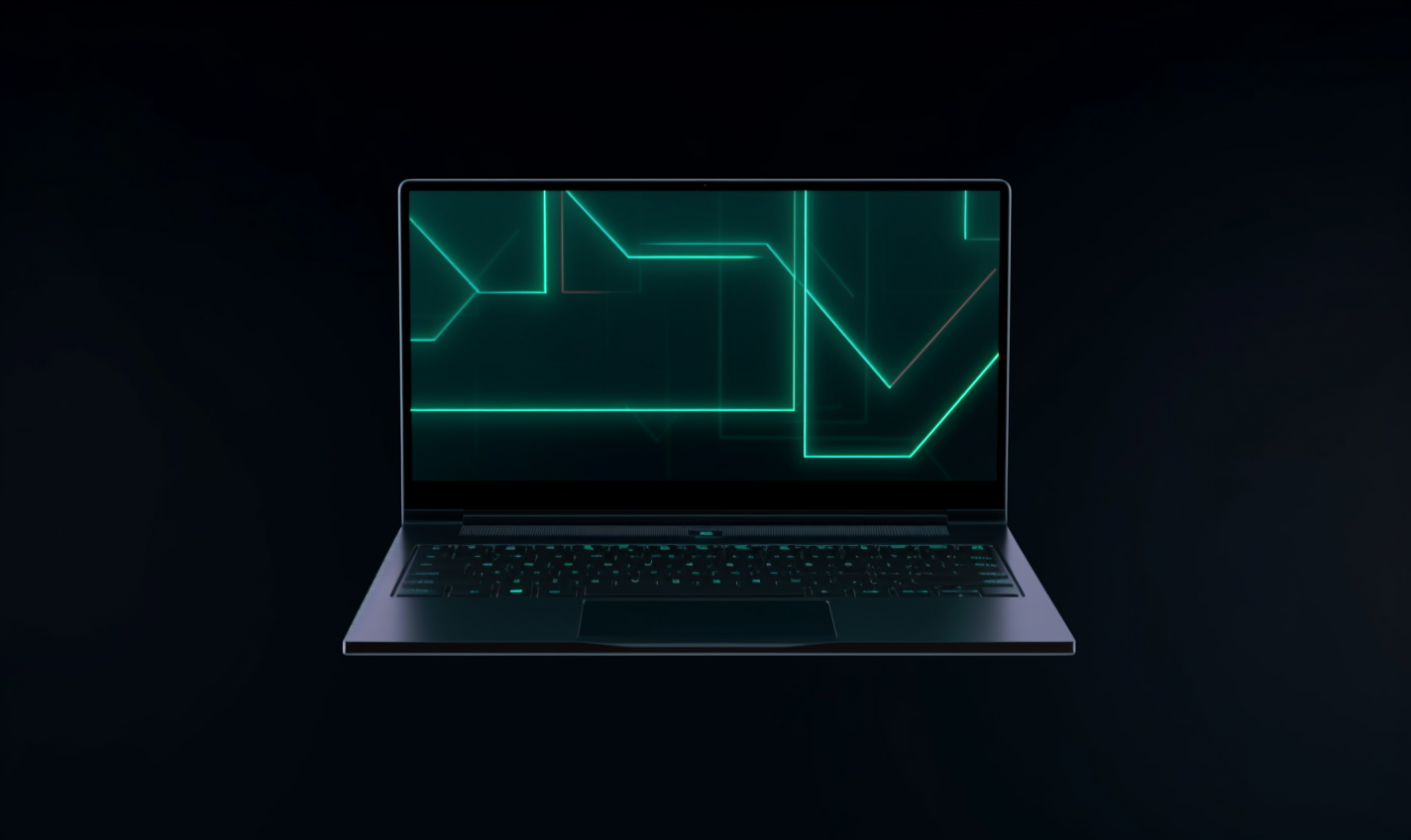Maybe this has happened to you. You’re in a business meeting, or even in the midst of a casual lunch with friends, and your smartphone butts in. The telltale chime or “what can I do for you?” will vary depending on what kind of device it is. Normally, this would be helpful, except that you didn’t utter the “hey Siri” command phrase that should trigger such a response.
This is our reality thanks to always-on voice technology. The convenience of being able to request help from Siri, Alexa or Google at any time requires that these devices listen to your every word. What do they do with all that data? That’s a good question. You’re not the only one who’d like to know.
It’s Not Just Androids and iPhones
With the array of network-aware devices expanding around us every day, more and more network-aware devices with microphones are offering this functionality. Even something as seemingly benign as a GoPro action camera is able to pick up on your commands using voice technology.
This is accomplished by putting the device in a low-power state where only the microphone is on. When it hears the catchphrase, your virtual assistant will pipe up and ask how it can be helpful. Amazon Echo owners and even folks who drive modern cars equipped with voice technology features will be familiar with this.
The Legal Question
All the audio information that passes through these devices is liable to be saved. While there has yet to be any legal cases involving the recording of data from a smart device, it seems like only a matter of time.
Devices with these instant-on microphones are all around us. The possibility that they will record someone’s sensitive information is nearly 100 percent, and it’s only a matter of time until that information is exploited. The result could be minor, but it could also have effects on a global scale.
Defeating Your Own Devices
There are three parties that might be interested in the audio captured by these devices. They are the government, corporate businesses and hackers. It’s easy to dream up some of the ways each group could misuse your data, but should we surrender so quickly or can we institute a means of securing these devices?
Many of the examples we use in this article can be set not to respond to voice cues, or only to use voice recognition when the device is expressly on and not in low-power mode. There will need to be a legal precedent established for those devices that can’t be turned off. Alternatively, you could just stop having private conversations in your car, but that seems a little intrusive.
Who Can Use This Info?
We can’t go back to the way things were before, and while it might make you cringe to think about having your every word recorded, you probably don’t want to give up the convenience of your smart devices like most people.
Instead, there needs to be a decision made about who can use this data. Should you have access to your own recordings? Should the government? When you own a smart device, should you have the option to disable this feature entirely? Companies that make these devices should take responsibility and empower their consumers to use devices without worry of someone listening in.
Ultimately it might take a real case to establish precedent for how information from these types of devices can be processed and accessed. For example, privacy laws are strict about what can be taken out of someone’s home, but if the information is recorded by a device and passed to another location over a network, is it less secure?
We can try and anticipate the challenges of living with these new technologies, but we won’t know what some of them are until it’s too late.
Recent Stories
Follow Us On
Get the latest tech stories and news in seconds!
Sign up for our newsletter below to receive updates about technology trends















